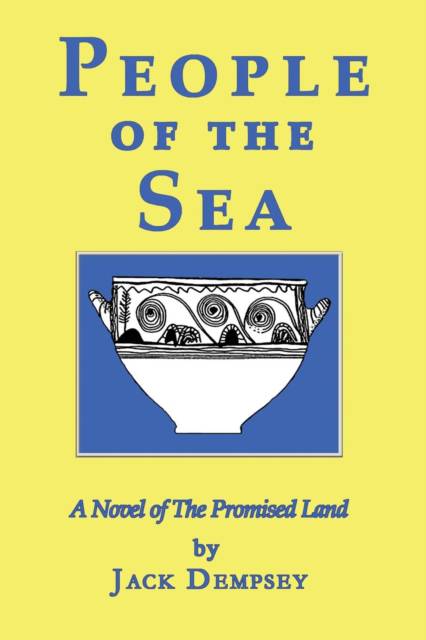
- Retrait gratuit dans votre magasin Club
- 7.000.000 titres dans notre catalogue
- Payer en toute sécurité
- Toujours un magasin près de chez vous
- Retrait gratuit dans votre magasin Club
- 7.000.000 titres dans notre catalogue
- Payer en toute sécurité
- Toujours un magasin près de chez vous
Description
Ancient Minoan families flee the devastation and conquest of Crete, and migrate via Cyprus to multicultural Palestine, among wild but advanced Sea Peoples. Defeated in war and put to work by Pharaoh, these new "Philistines" have a real-world promised land: to keep their new homes, they must rebuild Canaan and keep order on roads of trade from Egypt to Babylon---and if they fail, Pharaoh will return in wrath. So, how do the Philistines' families build new lives from farms to cities and far-flung trade, and how do their new children meet the Canaanites and Hebrews? More, they are meeting the inland mountains' rising Israelites, whose promise from their own god lays claim on all these lands. What social ways promise early peace, and what aggressions lead to open war? If Philistines cannot find a way to marry in (in their ancient customs) with the "separatist"
Israelites and keep trade flowing, Pharaoh will return again to devastate them all. The lives of the Philistines' island-born women, men and children take shape in a turbulent new land, built from their powers of memory---from their pride in the advanced but lost world of their Minoan ancestors, from their sufferings in horrifying wanderings and wars, and from their Earth-religion's unconquerable will and joy to live again. They will survive this new thing "history" and "keep their honey." Based in new archaeology and multicultural myth, the adventurous human stories in People of the Sea take us beyond the one-sided Old Testament accounts, whose ethnocentrism has limited and damaged understanding; and into a new old world where we can recover deep memory of our real archaeological ancestors, with their long-successful human ways of life.
Spécifications
Parties prenantes
- Auteur(s) :
- Editeur:
Contenu
- Nombre de pages :
- 416
- Langue:
- Anglais
Caractéristiques
- EAN:
- 9781582188836
- Date de parution :
- 01-02-17
- Format:
- Livre broché
- Format numérique:
- Trade paperback (VS)
- Dimensions :
- 152 mm x 229 mm
- Poids :
- 607 g







